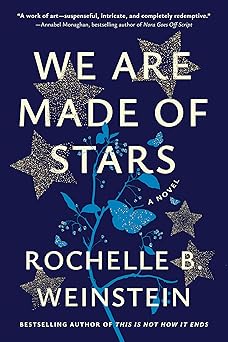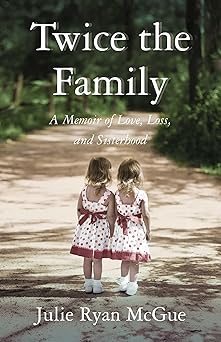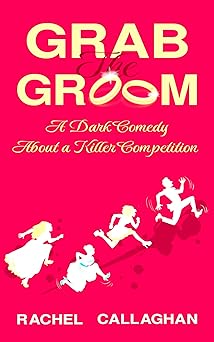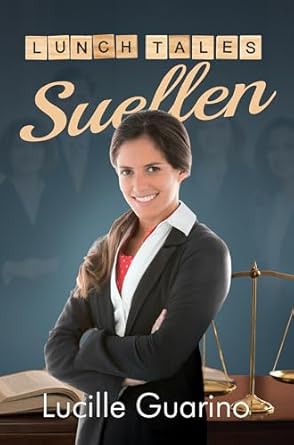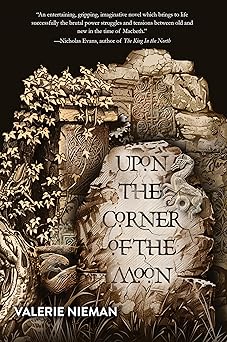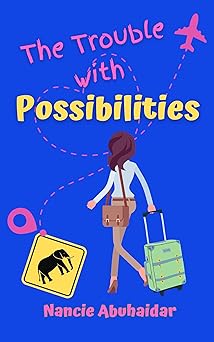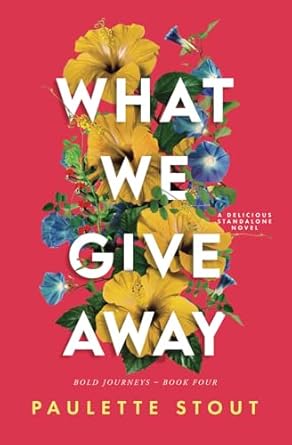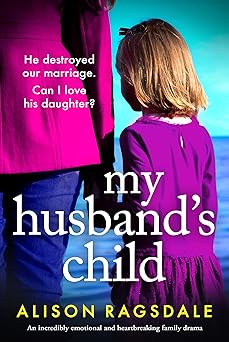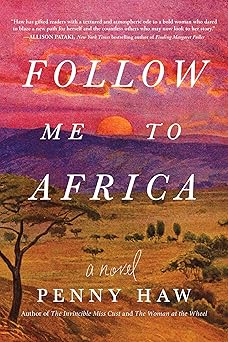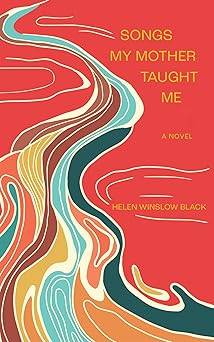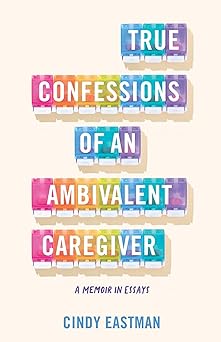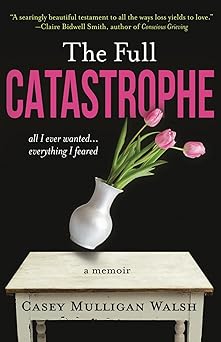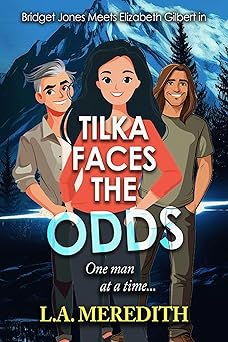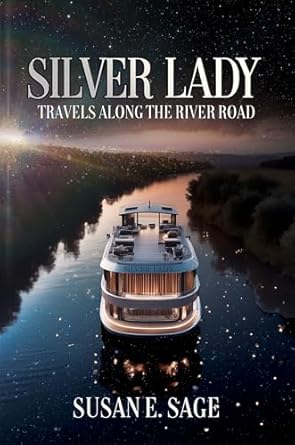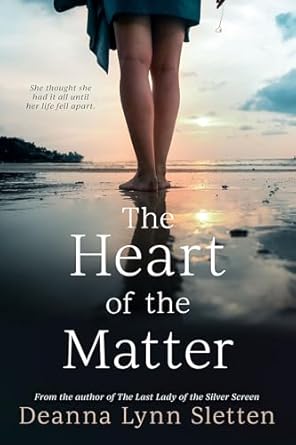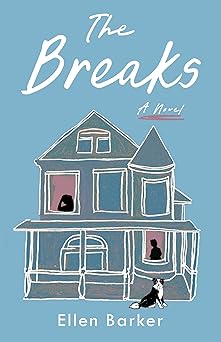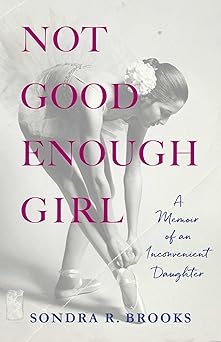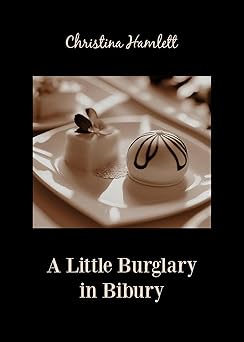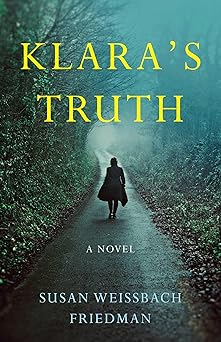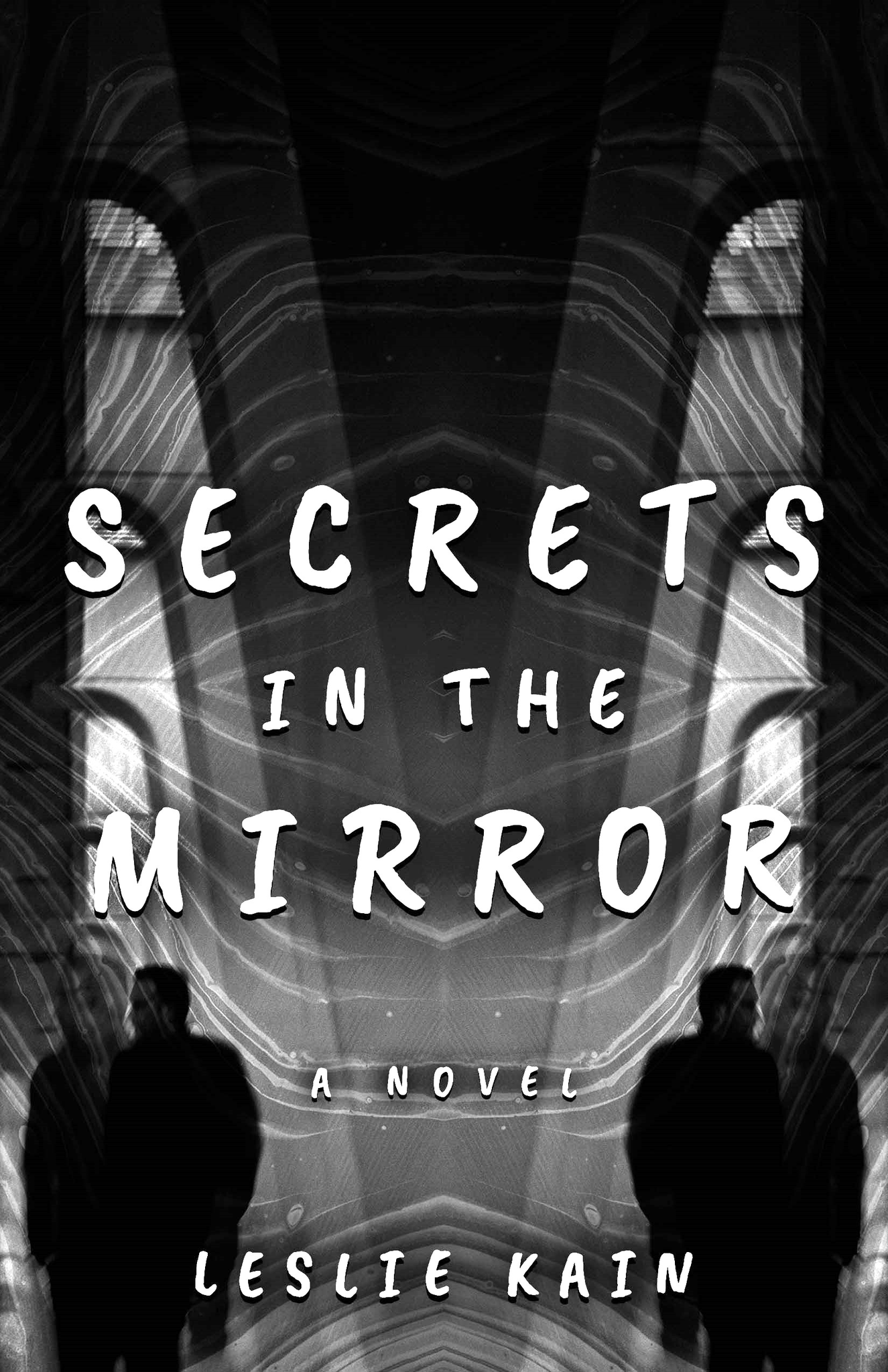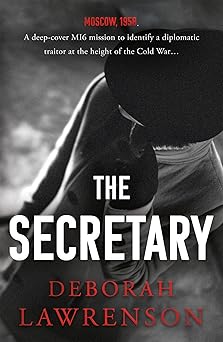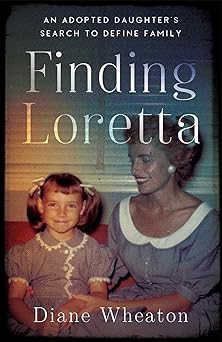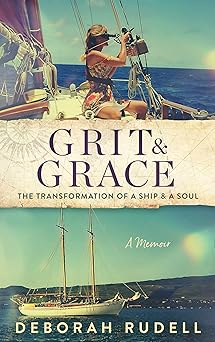What Men Whisper in the Green Room at Literary Festivals
In this piece, acclaimed writer Deanne Stillman talks about obstacles she still runs into, in spite of her extensive credits and numerous awards.

photo by Cat Gwynn
“That’s very ambitious,” an editor said recently, in reference to my description of a new book I’m working on. Why not a throwaway compliment such as “sounds great”? I wondered to myself, as I often do when on the receiving end of this remark, which has happened regarding every one of my books before I’ve written them (and even, a couple of times, afterward). Or how about a perfunctory “interesting” or just plain “good luck”? Having heard the comment so many times in always the same tone — more admonishment than anything else — I’m convinced that it’s a way to try to control the endeavor, to take away its agency, to diminish the desire to put the idea forth.
I wish I could say that this is the only slight that has been launched my way over the years that I’ve been writing and publishing and having my work produced on the stage and screen, but it’s not. Hearing it yet again brought to mind an ongoing situation on this front, which is having to experience loaded remarks from men in the literary, film and television world and sometimes from women as well. And while I’m speaking for myself in this piece, I know I’m not alone.
“How did you get that blurb?” an event host asked me last year, and the year before that, and the year before that, while introducing me in public by way of my credits. Is it that hard to say, “Great endorsement! Congratulations!”? Bear in mind that when this question is posed, it’s in public, with many people looking on in person or on Zoom, and so there are a lot of things to contend with (mainly because I grew up in the Midwest, and therefore am well-versed in good manners and really just don’t understand when they are not deployed.)
After years of trying to answer in a way that simultaneously respects the event organizers, the audience, and the inquisitor without bringing the proceedings to a complete halt by calling him (or her) a jackass, I’ve finally come up with the best answer: “Well, this may be hard to believe, but [name of person who gave blurb in question] actually reads and he/she liked my book.” Generally met with silence, this response ends all further inquiries on the subject, and also serves a broader purpose, which is shutting down suggestive follow-ups about what the interlocutor fancies I’ve traded for endorsements (yes, I’ve heard them, and no, I haven’t made any trades, unless you count the fact that I’ve read my endorsers’ books, which just feels like the right thing to do).
Alas, when it comes to the annals of underhanded remarks, there are yet more. “Is that book selling?” a reporter asked after a panel discussion at a major book festival, approaching me as others were offering handshakes and asking me to sign copies of said book. “What are the sales stats?” another journalist said, after remarking upon a rave review. This is just crass, at best, regardless of sales figures; the question had nothing to do with the conversation that was underway and was not likely to have been posed to a male writer in the middle of discussion about an achievement.
“Your publisher must have a good publicist,” a colleague said, upon reading news that I had posted about my latest book. I guess this was instead of something, say, well-mannered, such as “How nice that you got that mention,” or going in a completely different direction, such as saying nothing. Sometimes it’s OK to have no response, especially if you can’t manage a decent one.
Alas, one more for the annals: “I’m gonna take you down” – from a panel moderator in a confidential aside a couple of years ago, shortly before a public conversation at a well-attended book festival (not the same event as previously mentioned). I’m generally in the “nothing surprises me” category of reactions, but frankly, I was stunned when I heard this statement – and what was it anyway? A warning? A threat? “Oh really?” I said. “What are you talking about?” “That was a joke,” the moderator replied. “I was just kidding.” Seriously? A throwdown delivered in a whisper out of range of witnesses was meant to get a laugh? Typically, book panel moderators seeking to pave the way for a good conversation say something like “I’m looking forward to our talk” or even the benign “I’ve prepared some interesting questions.”
And now, let me turn to a situation in TV Land. I’ll start and end with the venerable “That will never work”, a reaction I’ve heard repeatedly from male TV writers while sitting “at the table,” the mythological location where stories for TV series are “broken” and then writers are assigned to write them. Yes, “That won’t work” can sometimes mean “That won’t work.” But as someone who has either been the only female writer at said table, or one of the few, I can tell you that the comment also means “That’s a great idea but not until I say it out loud myself as if it were my own” – at which point, re-statement of my idea word-for-word ensues and the rest of the guys agree that it’s a great idea as if I never said it.
To this day, there are obstacles that continue. “What makes you think you can write about American history?” an editor asked recently, in spite of the fact that American history is front and center in two of my books and runs through all of them. “Still knocking around?” a book salesman asked me, regarding publication of my latest book, as if I might have given up working and finally disappeared.
“What are you doing here?” a critic once said upon spotting me at a party for a newspaper’s top ten book list. “Are you a friend of [famous author]?” “No,” I said. “My book is number three.” Later: “Oh yeah, I had the same idea,” a columnist said after asking about my next project. “I decided it wasn’t very good.”
In all of the coverage and reaction to my work, I sometimes actually learn things I didn’t know. For instance, apparently I’m known, “in LA literary circles, for a determination verging on obstinacy.” Or was, anyway. This was noted in an otherwise glowing profile published over ten years ago, and when I first read it, I thought “hmmm” and then flashed on being a Taurus, a sign that’s known for being determined and set in their ways. OK, I further considered, so those qualities had migrated to a literary profile, and if I can accept them in my horoscope, why not on the arts page, and via any other vehicle of conversation? I was trying to be fair, after all — I’m from the Midwest, remember? — and I must point out that the statement was made by way of my referencing identification with certain plants and how they break through rocks to endure, which I was discussing because the critic and I were on a hike in the Mojave and talking about how the desert has influenced my work. And yet I wondered, even over a decade ago: Why wasn’t I known for being dedicated and the fact that I have not been deterred from my writing path, come rain, sleet or snow, just like Pony Express riders – or anyone else with a calling?
It’s hard to imagine a male writer being described as “determined,” let alone “obstinate,” even ones who like Joshua trees and spend years writing books. Certainly this description could be applied to athletes, male and female, but male writers? You’d never hear it. On the other hand, am I wrong? If you can find any examples, please send them along. I would really like to know.
—
First published in the Independent on September 10, 2021
Category: Contemporary Women Writers, On Writing




